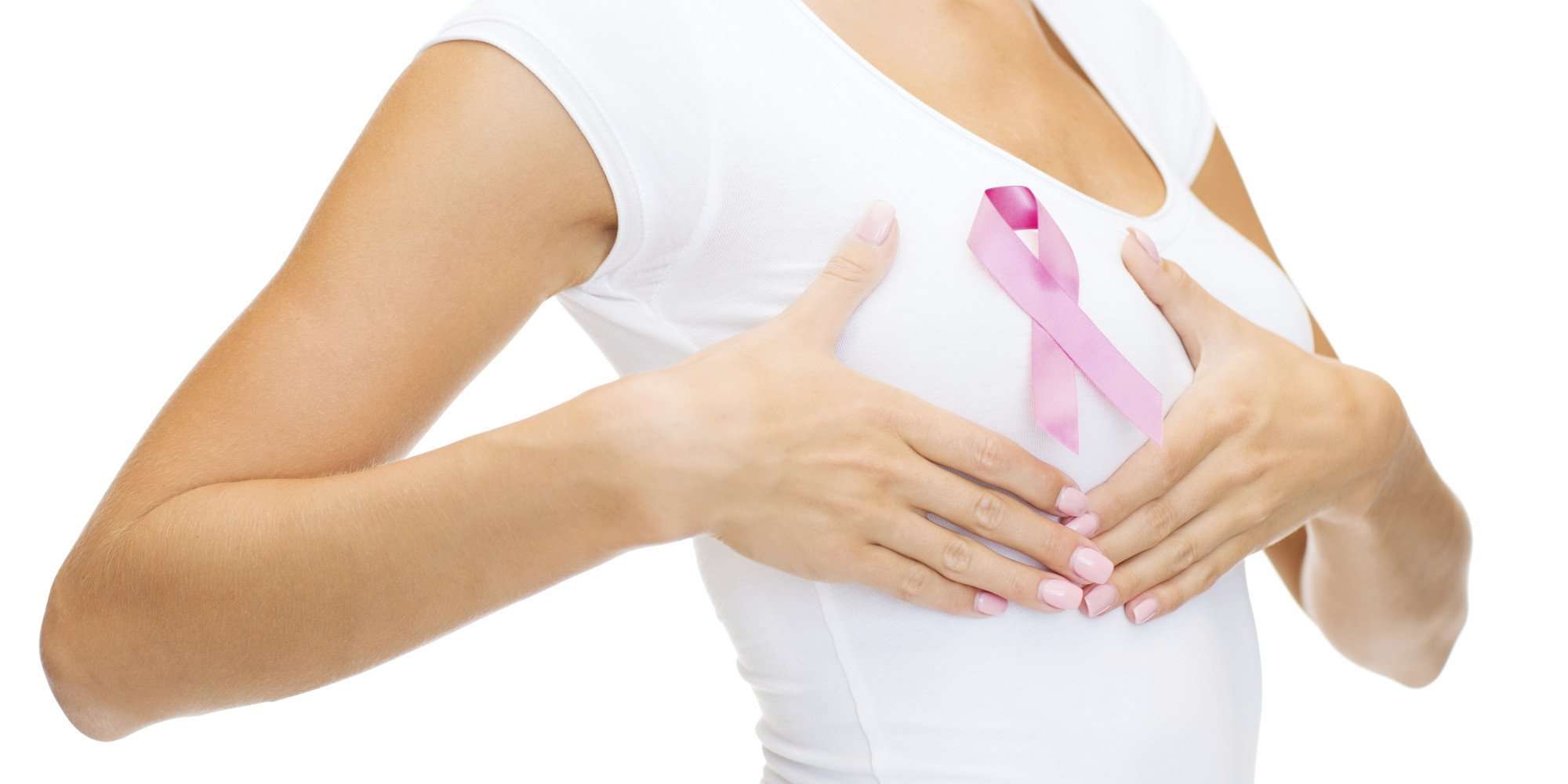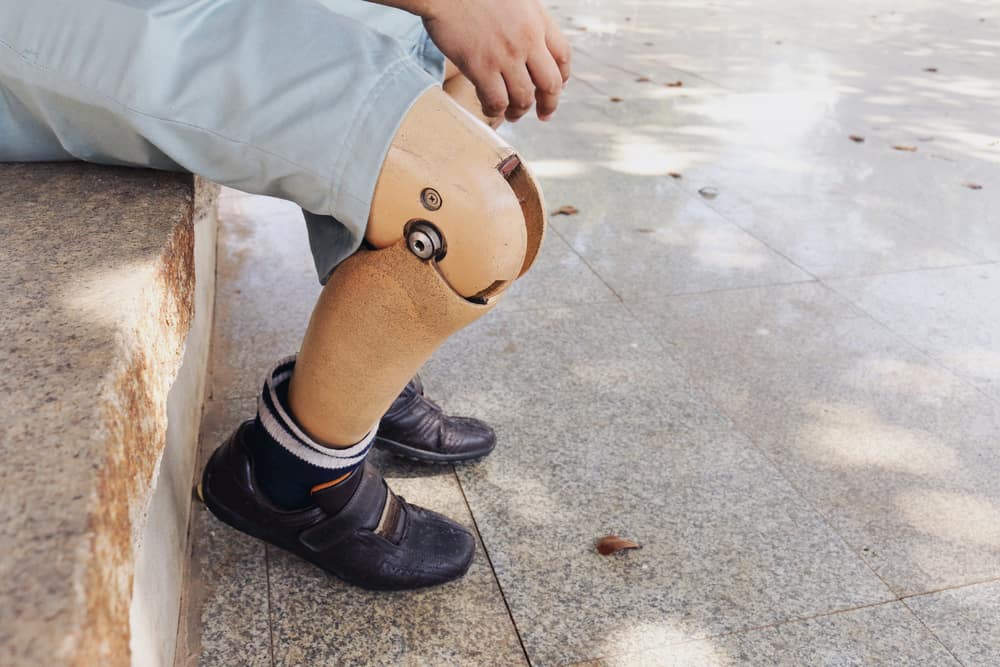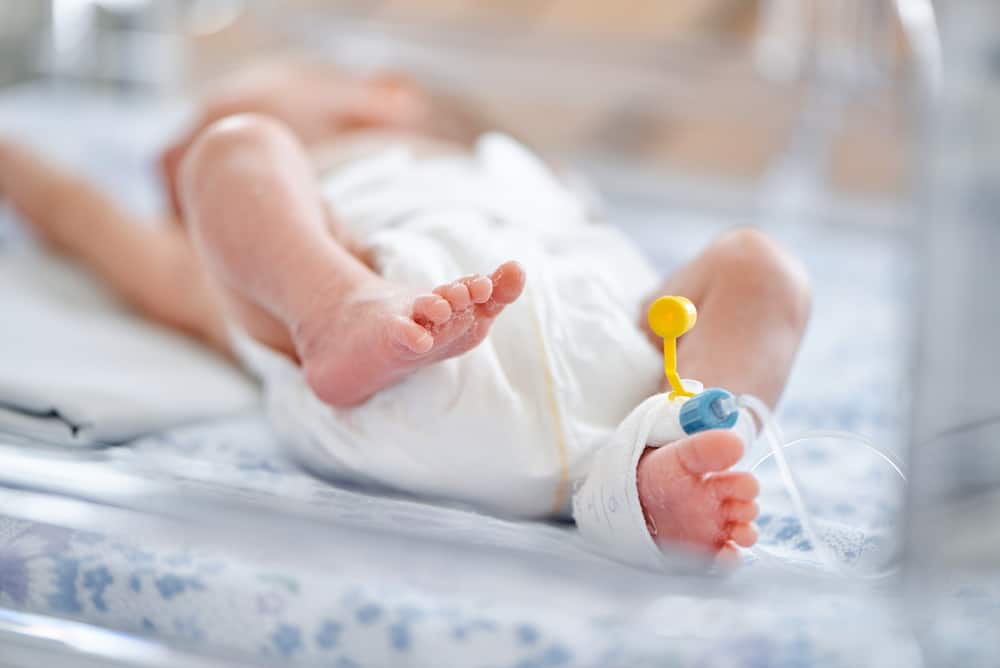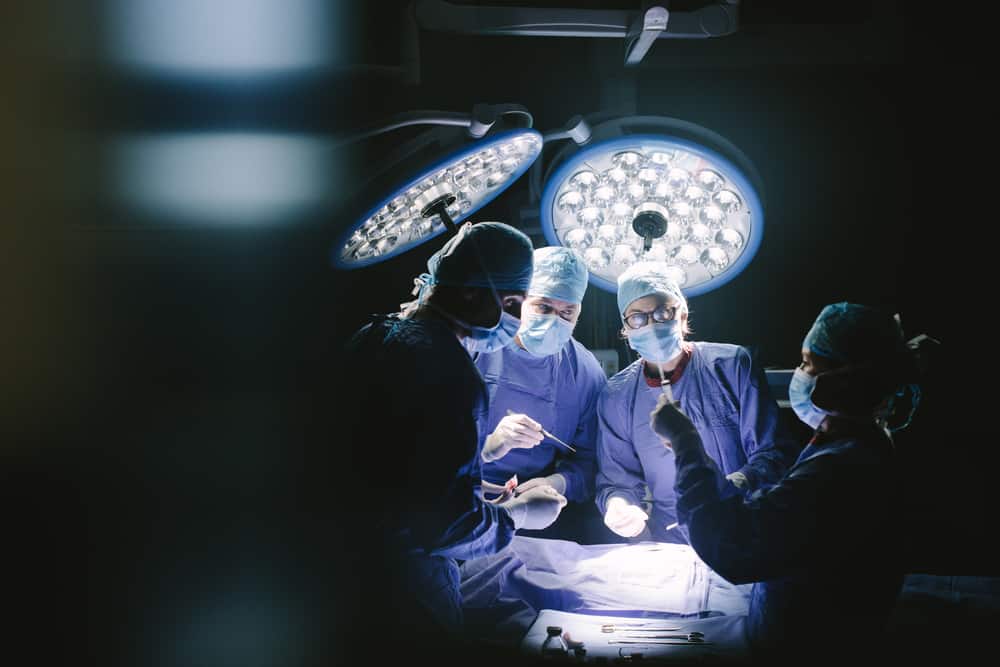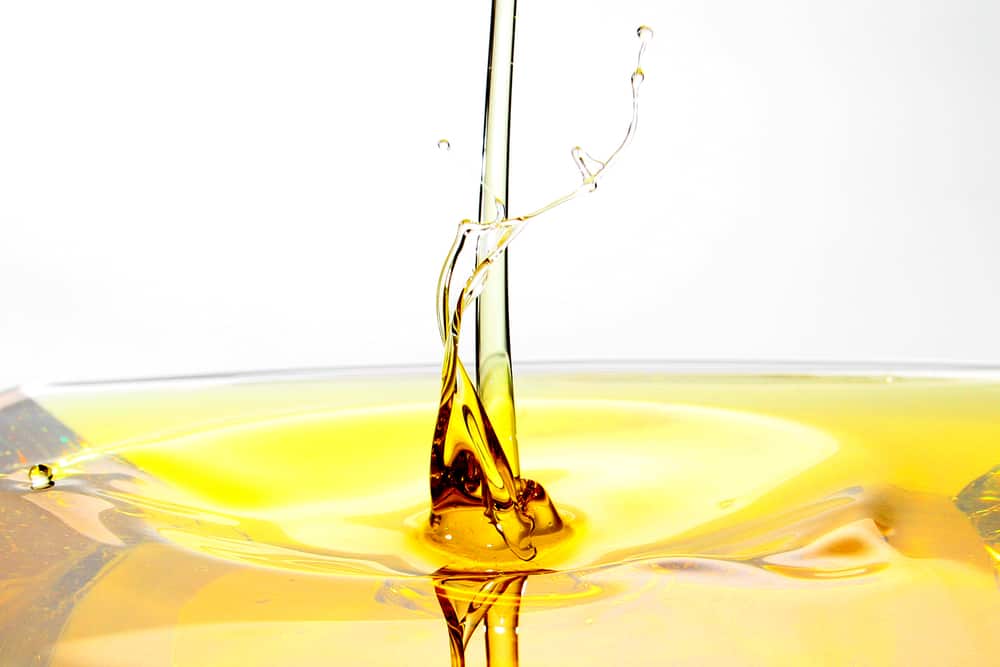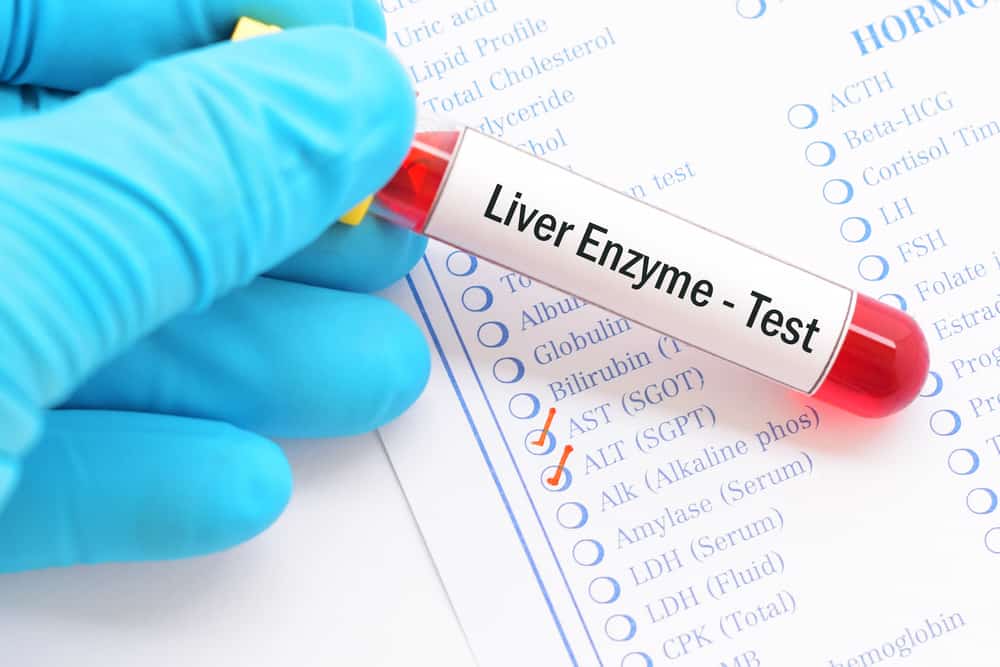Contents:
- Medical Video: Breast Cancer without a Lump
- Symptoms and characteristicsinflammatory breast cancer
- How to diagnose inflammatory breast cancer?
- Growth inflammatory breast cancer
- Stadium inflammatory breast cancer
- Treatment inflammatory breast cancer
- Is it possibleinflammatory breast cancer relapse after being declared cured?
Medical Video: Breast Cancer without a Lump
Inflammatory breast cancer alias inflammation of breast cancer is a rare and aggressive breast cancer, and can cause the breast to appear red and swollen. In the United States, a diagnosis of inflammatory breast cancer accounting for 1 to 5 percent of all breast cancer cases.
Compared to other forms of breast cancer, inflammation of breast cancer tends to attack young women.Man diagnosed with inflammatory breast cancer older than the average female patient. Inflammatory breast cancer often misunderstood by other conditions.
Symptoms and characteristicsinflammatory breast cancer
Inflammatory cases of breast cancer will vary, but there are some common symptoms. You might not experience all of these symptoms, you might not detect a lump, and inflammatory breast cancer may not appear on a mammogram. Some of the following symptoms can also indicate other conditions, so ask your doctor for help.
- Sudden increase in breast size (to increase one cup in a few days)
- Breast skin discoloration: pink, red, or dark in color
- The skin looks like an orange peel (called peau d’orange)
- Continuous itching of the breast skin
- Breasts are warmer, harder, or firmer than usual
- The breasts are painful which is not related to the menstrual cycle
- Retraction of the nipple, the nipple goes inside
- Swollen lymph nodes under the arm or above the collarbone
How to diagnose inflammatory breast cancer?
Your doctor will perform a clinical breast examination, including a visual examination of your breasts. Your doctor will see skin discoloration that may be caused by cancer cells blocking lymph nodes and blood vessels in the skin of your breast.
If your breasts are swollen, it may be caused by fluid buildup, a condition called edema. Your doctor will examine the lymph nodes closest to your breasts. If your breast skin is jagged, or resembles orange peel, it will also be noted. These symptoms can develop rapidly, sometimes only appear overnight and sometimes it takes weeks or months.
Based on clinical breast examination, the doctor will make a diagnosis inflammatory breast cancer, but it must be confirmed by other tests. Because inflammation of breast cancer can appear to be another condition, such as mastitis, it is important to follow up with this additional test.
- Mammogram - to check for tumors or skin thickening and increase breast density
- Ultrasound - to see axillary lymph nodes and breast mass
- Breast biopsy or skin biopsy
- MRI - images of breast mass and skin changes
- CAT and PET scans - images of soft tissue, bone, and blood vessels and lymph nodes, possibly metastatic sites
Growth inflammatory breast cancer
Inflammation of breast cancer generally grows in the form of a nest or layer, not a lump. Inflammatory breast cancer spread through the body, outside the breast, through the lymph system. It can be a slow-growing tumor, but once the breast skin looks inflamed, it can be confirmed as a more developed cancer and has rapidly spread to the surface.
Stadium inflammatory breast cancer
Inflammatory breast cancer always classified as stage 3b or stage 4 breast cancer. Stage 3b means that the cancer is larger than 5 cm, at least one lymph node, and has not spread to other parts of your body. Stage 4 means that the cancer is in the chest wall and / or skin, lymph nodes are involved, and has spread to other organs. It is important to know the stage of your cancer, because it is very influential on your treatment plan and the chance of recurrence and survival.
Treatment inflammatory breast cancer
Inflammation of breast cancer is aggressive, and must be treated appropriately. Your first step is neoadjuvant chemotherapy, which is given before surgery. You will be carefully monitored to see how your cancer responds to treatment. Treatments for breast cancer inflammation may include:
- Chemotherapy to kill cancer cells and tumors
- Radiation to your chest wall
- Targeted biological therapy
- Mastectomy to remove the remaining cancer
- Axillary lymph node dissection
- Hormonal therapy to reduce the risk of relapse
is it possibleinflammatory breast cancer relapse after being declared cured?
Inflammatory breast cancer has a higher risk of relapse than other types of breast cancer. Statistics show that 5-year life expectancy for patients inflammatory breast cancer is between 25-50 percent, far lower than the survival rate for patients with other types of breast cancer. Each case is unique, so discuss your prognosis with your doctor, to get a better solution to your situation.
If you have been diagnosed with stage 3b breast cancer inflammation and are undergoing effective treatment, you may be able to live longer and have a better quality of life after diagnosis. If found earlier, inflammatory breast cancer can be treated as a chronic disease, and patients may survive longer.
READ ALSO:
- 10 Symptoms of Stage 4 Breast Cancer
- Choice of Breast Cancer Surgery
- Prophylactic Mastectomy, Surgery to Prevent Breast Cancer

